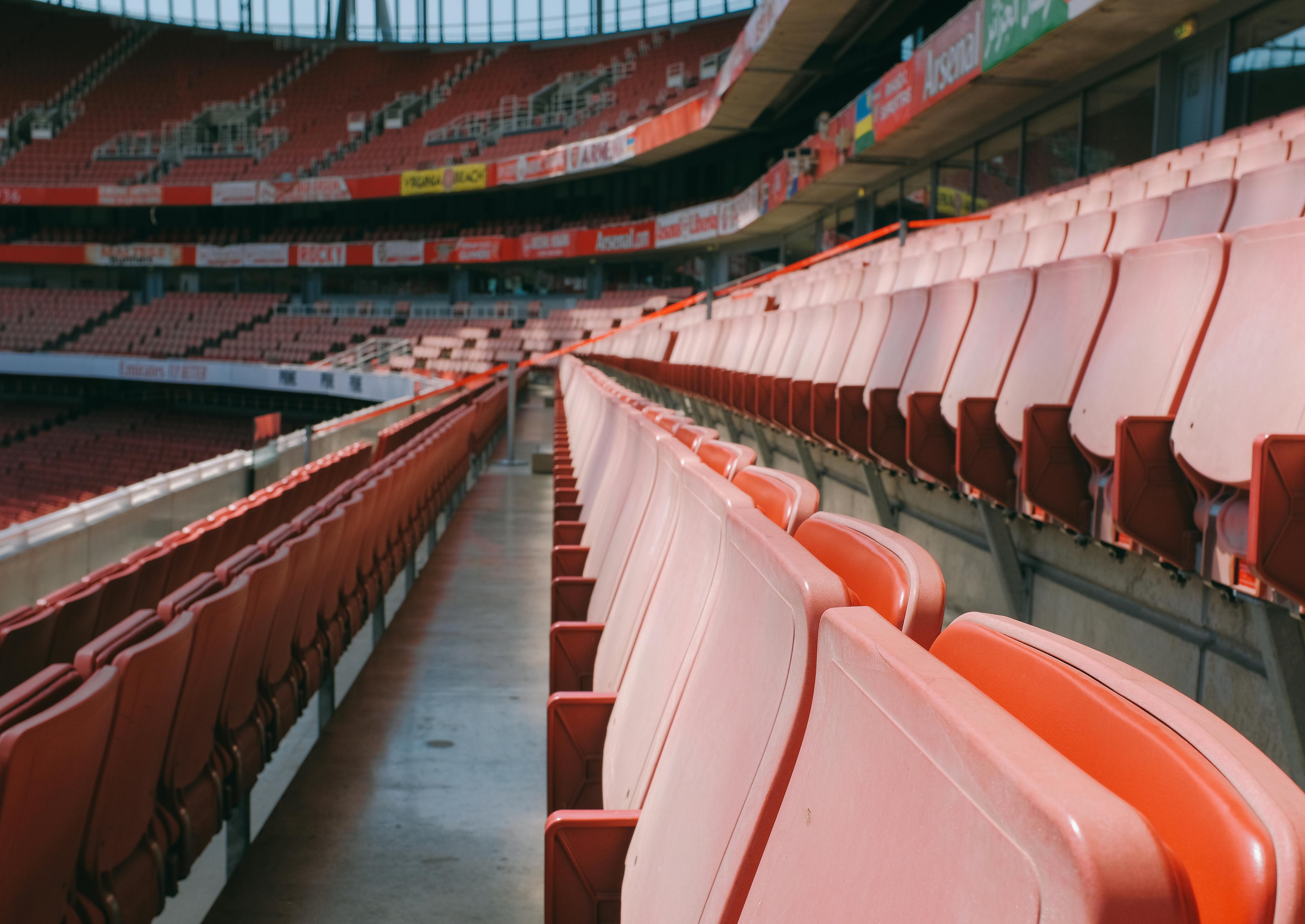
As a lifelong fan of Arsenal Football Club, I can confidently say that the Gunners have left an indelible mark on the world of football. From its humble beginnings to its current status as one of the most successful clubs in English football, Arsenal's legacy is truly unforgettable. Join me on a journey through the glorious history of the Gunners, as we explore the key moments, triumphs, and challenges that have shaped this iconic club.
The early years and foundation of Arsenal
The story of Arsenal begins in 1886, when a group of workers from the Woolwich Arsenal Armament Factory decided to form a football team. Originally known as Dial Square, the team quickly gained popularity and changed its name to Royal Arsenal. This marked the foundation of a club that would become synonymous with passion, dedication, and success.
Arsenal's move to Highbury and early successes
In 1913, Arsenal made a momentous move to Highbury, a move that would shape the future of the club. Under the guidance of manager Herbert Chapman, Arsenal experienced a period of remarkable success in the 1930s. They won their first major trophies, including the FA Cup and the First Division title. Chapman's innovative tactics and astute signings laid the foundation for Arsenal's dominance in the years to come.
The Chapman era and dominance in the 1930s
Herbert Chapman's influence on Arsenal cannot be overstated. He revolutionized the club, implementing a tactical approach that was ahead of its time. Under Chapman's guidance, Arsenal became the first club to introduce numbered shirts and floodlights. The Gunners dominated English football, winning the league title five times in the 1930s. Chapman's untimely death in 1934 was a profound loss for the club, but his legacy would continue to inspire generations of Arsenal players and managers.
Arsenal's post-war struggles and the arrival of Herbert Chapman
The post-war period was a challenging time for Arsenal. The club struggled to find its footing and experienced a decline in performances. However, hope was on the horizon with the appointment of manager Bertie Mee in 1966. Mee led Arsenal to their first European trophy, the Inter-Cities Fairs Cup, in 1970. This success set the stage for future triumphs and marked the beginning of a new era for the Gunners.
The Invincibles: Arsenal's unbeaten season in 2003-2004
One of the most iconic moments in Arsenal's history came in the 2003-2004 season, when they achieved the remarkable feat of going unbeaten in the Premier League. Coached by the legendary Arsène Wenger, Arsenal's team, known as the "Invincibles," showcased a brand of football that was both stylish and effective. Led by the likes of Thierry Henry, Patrick Vieira, and Sol Campbell, Arsenal won the league title with an unbeaten record, a testament to their skill, determination, and teamwork.
The Wenger era and Arsenal's continued success
Arsène Wenger's tenure as Arsenal manager spanned over two decades, during which he transformed the club both on and off the pitch. Wenger's emphasis on attractive, attacking football brought success and silverware to Arsenal. The Gunners won numerous FA Cups and reached the pinnacle of European football by reaching the Champions League final in 2006. Wenger's legacy at Arsenal is imprinted in the memories of fans and in the record books of the club.
Arsenal's move to the Emirates Stadium and financial challenges
In 2006, Arsenal bid farewell to their beloved Highbury and moved to the state-of-the-art Emirates Stadium. The move was a significant milestone in the club's history, but it also presented financial challenges. Arsenal had to navigate the transition while remaining competitive on the pitch. The financial constraints limited the club's ability to sign marquee players, but Arsenal's commitment to nurturing young talent ensured a steady stream of promising youngsters emerging through the ranks.
Arsenal's recent performances and challenges
In recent years, Arsenal has faced its fair share of challenges. The club has struggled to consistently compete for the Premier League title, often finishing in the top four but falling short of the ultimate prize. However, there have been moments of brilliance, such as winning the FA Cup in 2014, 2015, and 2017. Arsenal has also faced criticism for its perceived lack of ambition in the transfer market, but the club's dedication to its values and long-term vision remains unwavering.
The future of Arsenal Football Club
As we look to the future, Arsenal fans can be hopeful and optimistic. The club has made significant investments in its youth academy and infrastructure, ensuring a strong foundation for success. With new manager Mikel Arteta at the helm, there is a sense of renewed energy and ambition. Arsenal's history is filled with moments of triumph and resilience, and there is no doubt that the Gunners will continue to strive for greatness.
Conclusion: Arsenal's enduring legacy in the football world
In conclusion, Arsenal Football Club has left an enduring legacy in the football world. From its early years as a humble club to its status as one of the most successful teams in English football, Arsenal's journey has been filled with triumphs, challenges, and unforgettable moments. The Gunners epitomize the spirit of the beautiful game, and their legacy will continue to inspire future generations of players, managers, and fans. As a proud supporter, I am honored to be a part of the unforgettable history of Arsenal Football Club.
Post a Comment